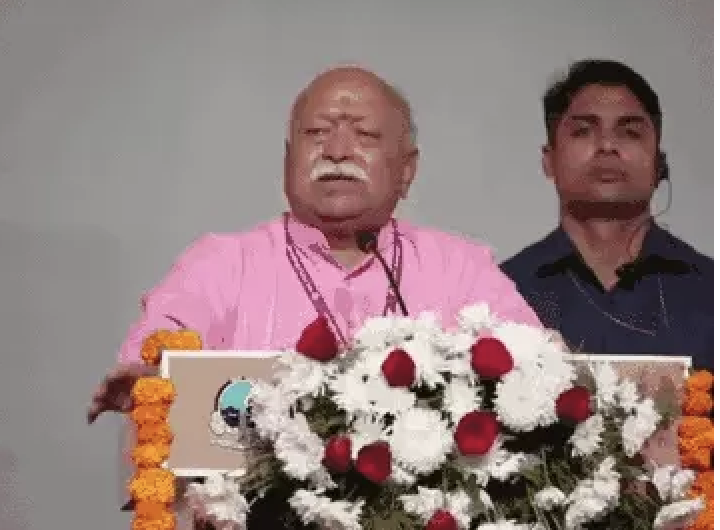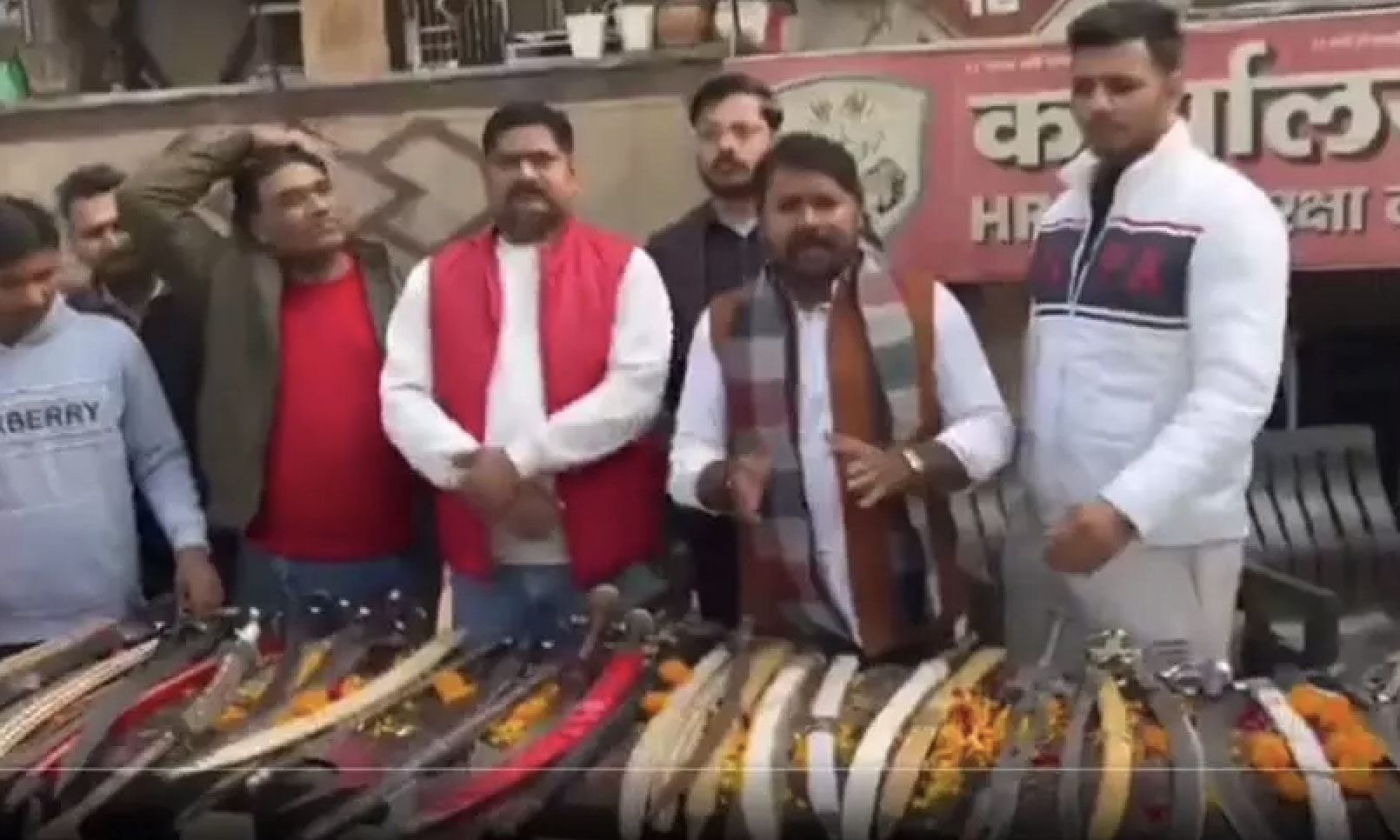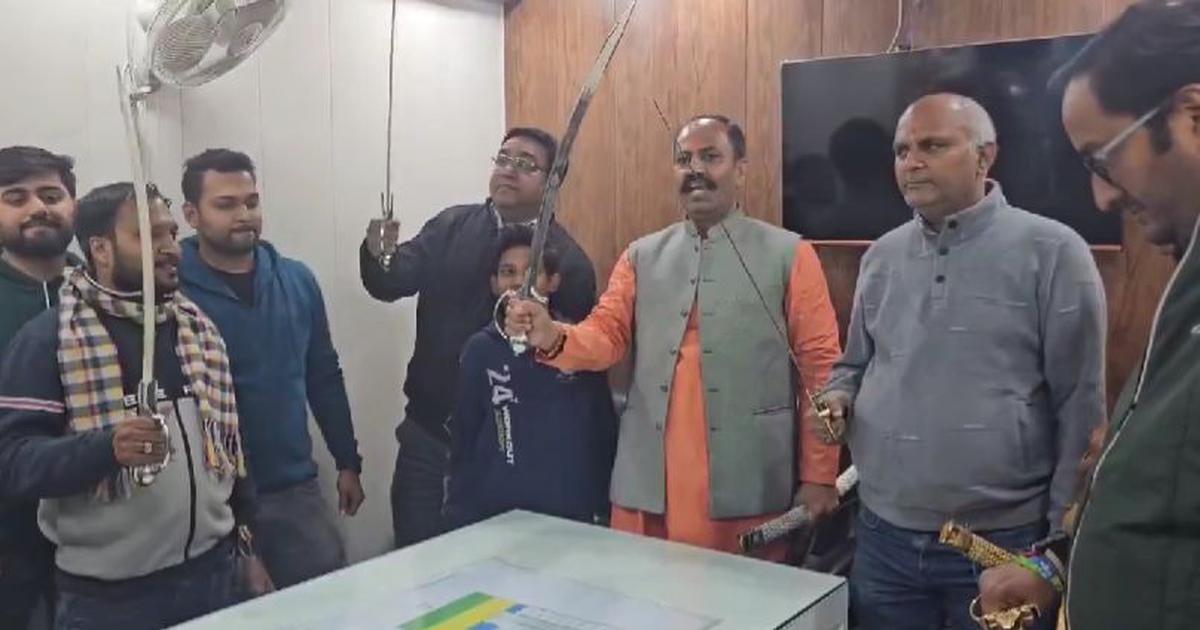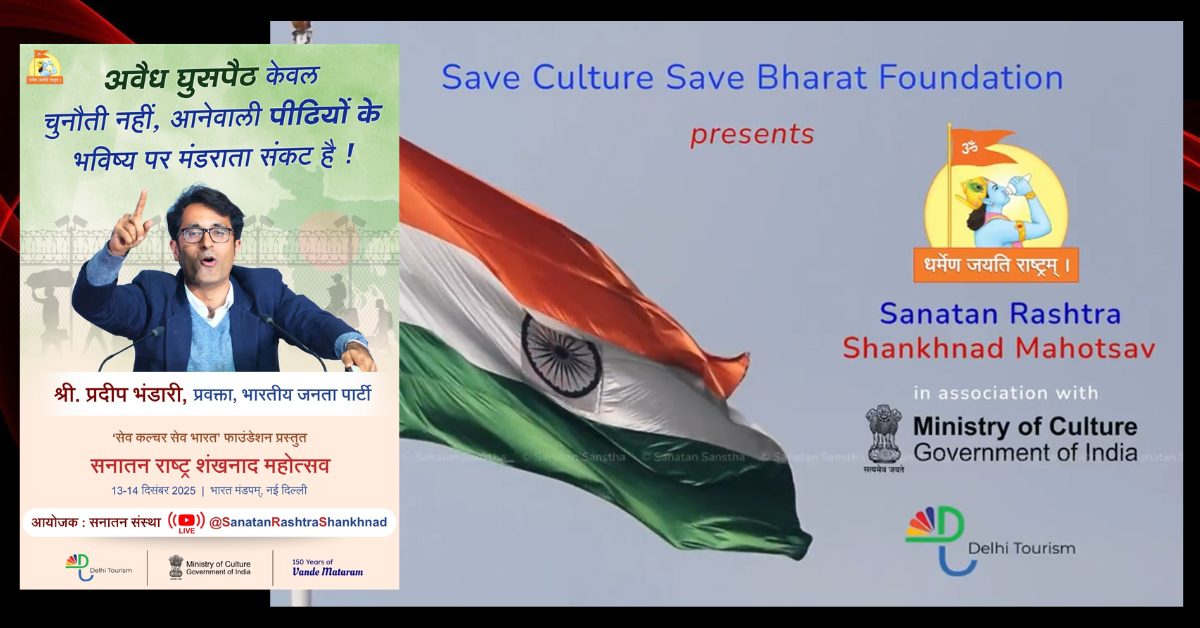
By
On January 12, the Supreme Court of India issued notices to the Uttarakhand government and the Delhi Police seeking action against the perpetrators of hate speech against the Muslim community in the “Dharam Sansad” religious assembly held last year in Haridwar and at a congregation in Delhi. The actions of the apex court came as much-needed relief after the religious conclave brought shame to the country and its constitutional values.
From the toxic calls for genocide and violence to an open call for arms, and the fantasy of a “Hindu Rashtra” to vitriolic Muslim-baiting, the hate speech unleashed at the Dharam Sansad was deeply offensive. The organizer, Prabhodanand Giri, was himself seen asking the Hindus to do what was done in Myanmar, in an indirect reference to the ouster of Rohingya Muslims from that country.
It is no surprise that most of the so-called religious speakers at the gathering are seen as being close to leading politicians from Uttarakhand. Videos of the gathering have been widely shared on social media platforms such as Twitter, YouTube, and Whatsapp for the past few weeks. The hate speech has been condemned even in international quarters, with foreign media covering the incident.
Yet government has displayed profound silence, and this is a worrying sign. The lack of action from the authorities lends itself to numerous questions. Most important, on what basis did the Uttarakhand government give permission to the organizers of the Dharam Sansad?
The slow response of the police is a clear indication of the degree to which right-wing majoritarian nationalism has gripped the nation. Though the Uttarakhand state police have registered a First Information Report (FIR), as of this writing only one arrest, that of Jitendra Narayan Tyagi, has been made. The police, government officials, and political leaders stood by as these offensive speeches were delivered.
The rising incidence of hate speech and right-wing activism in India have not gone unnoticed. For example, in the aftermath of former US president Donald Trump’s visit to New Delhi in February 2020, when violence broke out in the national capital, a petition was filed before the Delhi High Court, demanding registration of FIRs against the politicians who were involved in alleged hate speech. Notices were even issued to the local police. It is a different matter that two years have since gone and there has been no action on the case.
However, it is important to note that the existing laws dealing with hate speech are ineffective and need to be strengthened. While the Supreme Court has asked the lower courts to review the interpretation of hate speech, there has been a lack of judicial guidance on the matter. As a result, we are seeing discordant judicial outcomes on hate speech.
Legislative provisions to combat hate speech must be enacted as early as possible. There are several provisions in the Indian Penal Code against hate speech, but the recent instances reinforce the fact that the administration is least bothered about combating such hateful rhetoric.
Unfortunately, the majoritarianism that we are witnessing is threatening the rights of constitutional minorities. It is up to Indians to stop the rising tide of majoritarianism in whatever way they can.
The calls for genocide and ethnic cleansing made at the Sansad in Haridwar were intended to create an atmosphere of fear and confusion among the country’s minorities and also to intensify the attacks against them. At this crucial juncture, it is wise to ask ourselves, what kind of democracy do we Indians wish to leave for our future generations?
The political discourse of the country has been muddied by numerous instances of hate speeches in recent times. India’s social fabric lies in tatters, with hate speech posing a grave threat and corroding the very foundation of our democracy.
Strict action is the need of the hour for those who advocate violence through hate speech. If hate speech continues to go unchecked, the collapse of our beloved republic would be inevitable.
It is time India’s apex court reasserts its role as a protector of the fundamental rights of the citizens. India’s citizens too have an integral role to play in reversing the polarization that has been caused.
This story first appeared on asiatimes.com






